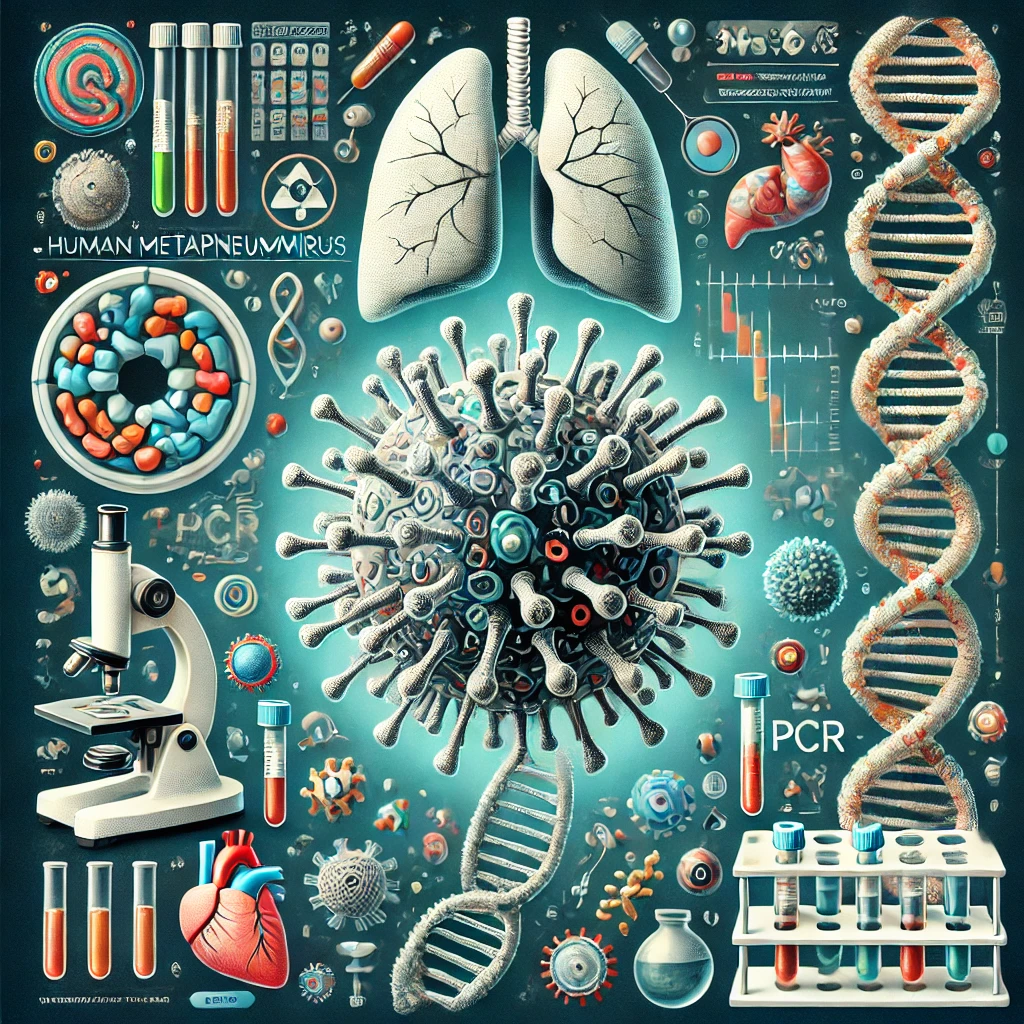HMPV (Human Metapneumovirus): Everything You Need to Know
What is HMPV? HMPV (Human Metapneumovirus) is a respiratory virus that primarily affects children, the elderly, and individuals with weakened immune systems. Discovered in 2001, this virus is prevalent worldwide and can cause symptoms ranging… HMPV (Human Metapneumovirus): Everything You Need to Know
